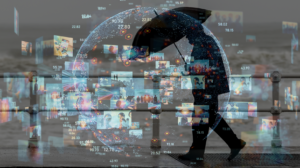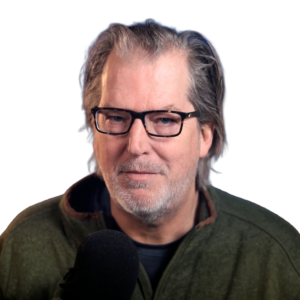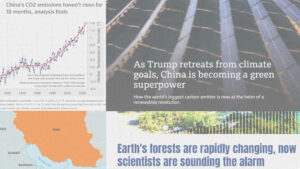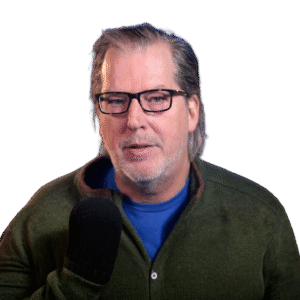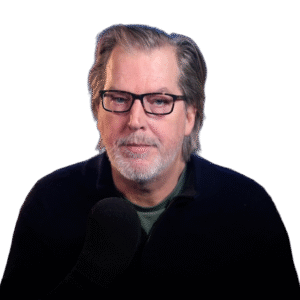
#77 | Frankly
7 Philosophies on the Future
Description
In last week’s Frankly, Nate shared his thoughts on some of the polarities we’ll need to harmonize as we journey towards a more uncertain world. As the holidays approach for many, we will face these “polarities” head-on in relationships with family, friends, and neighbors. How could imagining the different perspectives of others allow us to have more meaningful and empathic conversations about the future?
In today’s Frankly, Nate highlights seven views of the future and how broadening our awareness to include others’ starting points might allow for greater discourse and understanding. How we view the future stems from what we care about and our expectations for humanity – from needing to stay focused solely on daily struggles to believing we’re on an endless path towards living outside our own solar system. Perhaps an even bigger factor is whether we believe we can change the trajectory of the future or if our species is simply stuck on a predetermined outcome.
How do common beliefs and fears for the future – such as colonizing Mars, degrowth, societal collapse, or climate catastrophes – shape our philosophies for the future? And while many of us may think that we have a strong synthesis of our economic, ecological, and geopolitical realities, why should we think that any one of us can predict the future with 100% certainty? Finally, how could we use these lenses when listening to others – and take a first step in a likely “bend not break” future?
In French, we have a motto that says that a simple drawing is often better than a long explanation. Jean-Marc Jancovici Carbone 4 President
That’s very understandable because with left atmosphere thinking, one of the problems is that you see everything as a series of problems that must have solutions. Iain McGilchrist Neuroscientist and Philosopher
We can’t have hundreds and hundreds of real relationships that are healthy because that requires time and effort and full attention and awareness of being in real relationship and conversation with the other human. Nate Hagens Director of ISEOF
This is the crux of the whole problem. Individual parts of nature are more valuable than the biocomplexity of nature. Thomas Crowther Founder Restor
Show Notes & Links to Learn More
Download transcript00:21 – What people care about – Data from Valuegraphics
03:30 – Human expansion into the solar system beyond Earth
03:51 – World population of 8 billion people
04:00 – Age of human species
04:14 – Degrowth
04:33 – Sink capacity
04:40 – Holocene
04:59 – Consumption
06:57 – 6 continent supply chain
07:59 – Bend vs break TGS series
08:21 – Financial credit Frankly 23 “The Mordor Economy”
08:28 – Wile E. Coyote

